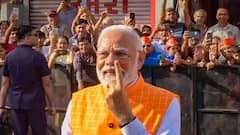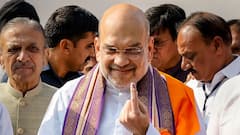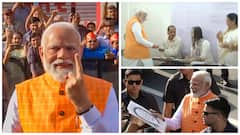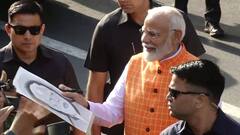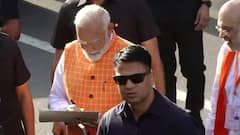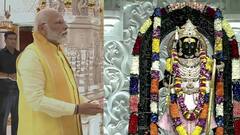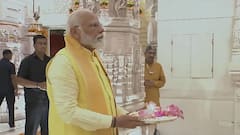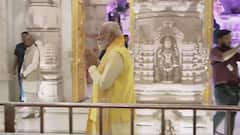Explorer
Advertisement

India and China, eyeball to eyeball
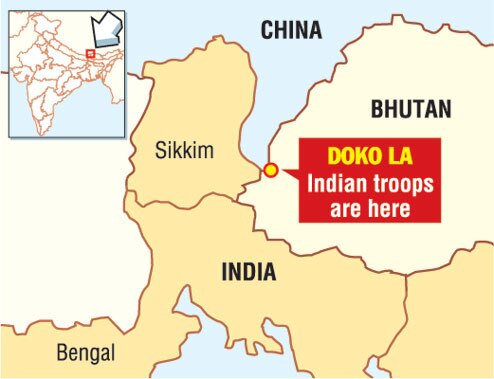
New Delhi, June 30: Indian and Chinese troops were on Friday locked in a tense standoff at a plateau that sits at the tri-junction of their border with Bhutan, each publicly demanding that the other withdraw first, leaving their relations at their most militarily taut in recent years.
The Indian foreign office, which had refused over the past 10 days to comment on repeated accusations by China that Indian soldiers had crossed over a settled border, today hit back with counter-charges.
It accepted that Indian troops had moved beyond the country's borders, into territory claimed by both Bhutan and China, and had attempted to stop Chinese forces from building a road there. But it insisted that Indian soldiers intervened at the request of Bhutan, which has diplomatic relations with New Delhi but not with Beijing.
The intervention, India has argued, was necessary because China's actions were changing the "status quo" of a disputed area, in violation of Beijing's agreements with India and Bhutan on border negotiations.
Beijing later in the day countered that assertion, insisting that the territory where Indian troops had entered was Chinese, from a historical, legal and practical perspective, and that Tibetan herdsmen roam the plateau, with cattle that graze there.
By afternoon, the tensions had killed the single biggest public relations exercise the two countries had undertaken under Prime Minister Narendra Modi and Chinese President Xi Jinping.
A new route through Nathu La to Kailash Mansarovar in Tibet, which is easier and shorter for Indian pilgrims and was opened last year, was shut indefinitely.
"India is deeply concerned at the recent Chinese actions and has conveyed to the Chinese government that such construction would represent a significant change of status quo with serious security implications for India," the Indian foreign ministry said in a statement.
"It is essential that all parties concerned display utmost restraint and abide by their respective bilateral understandings not to change the status quo unilaterally."
The heated exchange is starkly different from previous border skirmishes in over a decade, when both foreign ministries tried to - in public at least - downplay tensions, and used boilerplate phrases to suggest they would negotiate a resolution.
This time, the tensions are near a part of the 4,000km border between India and China that has stayed quiet for years. Most recent standoffs have occurred closer to the Ladakh border with China, including the last major one - in 2013 at Daulat Beg Oldi. While referring to their desire for a peaceful resolution, both foreign offices have also laid the onus on the other.
The site of the latest tensions is a grassy plateau called Donglong by China, and variously known as Doko La and Doklam by Bhutan. All three countries now agree on the events that triggered the standoff - though they disagree on who to blame.
On June 16, soldiers of the People's Liberation Army constructing a road began approaching a Royal Bhutanese Army camp. The Bhutanese army tried to convince the PLA soldiers to stop, but they didn't, insisting that the road lay fully within Chinese territory. That is when Bhutan turned to Indian soldiers - posted nearby at the tri-junction - for help.
"Indian personnel, who were present at general area Doko La, approached the Chinese construction party and urged them to desist from changing the status quo," the foreign ministry here said. "These efforts continue."
On June 20, Bhutan formally lodged a protest with China, seeking a "return to the status quo as before June 16".
But China has insisted that the area where it wants to build the road lies within its territory. Yesterday, its foreign office had released photographs purportedly showing Indian troops on the Chinese side of their border at Sikkim, which Beijing claimed the two sides had settled. On Friday, it argued its claim on the region even further, turning to history.
Historically, the region had served as part of Tibetan pasture land, Chinese foreign ministry spokesperson Lu Kang said. Before 1960, he said, Bhutanese herders paid a "grass tax" to their Chinese counterparts to use the region.
Legally, he added, the 1890 border treaty between Britain and China had demarcated a border under which Donglong falls on the Chinese side of the border. Chinese border guards, he said, maintained posts in the region even now.
Follow Breaking on ABP Live for more latest stories and trending topics. Watch breaking news and top headlines online on ABP News LIVE TV
View More
Advertisement
Advertisement
Advertisement
Top Headlines
Election 2024
Delhi NCR
Results
India
Advertisement
Trending News

for smartphones
and tablets
and tablets














